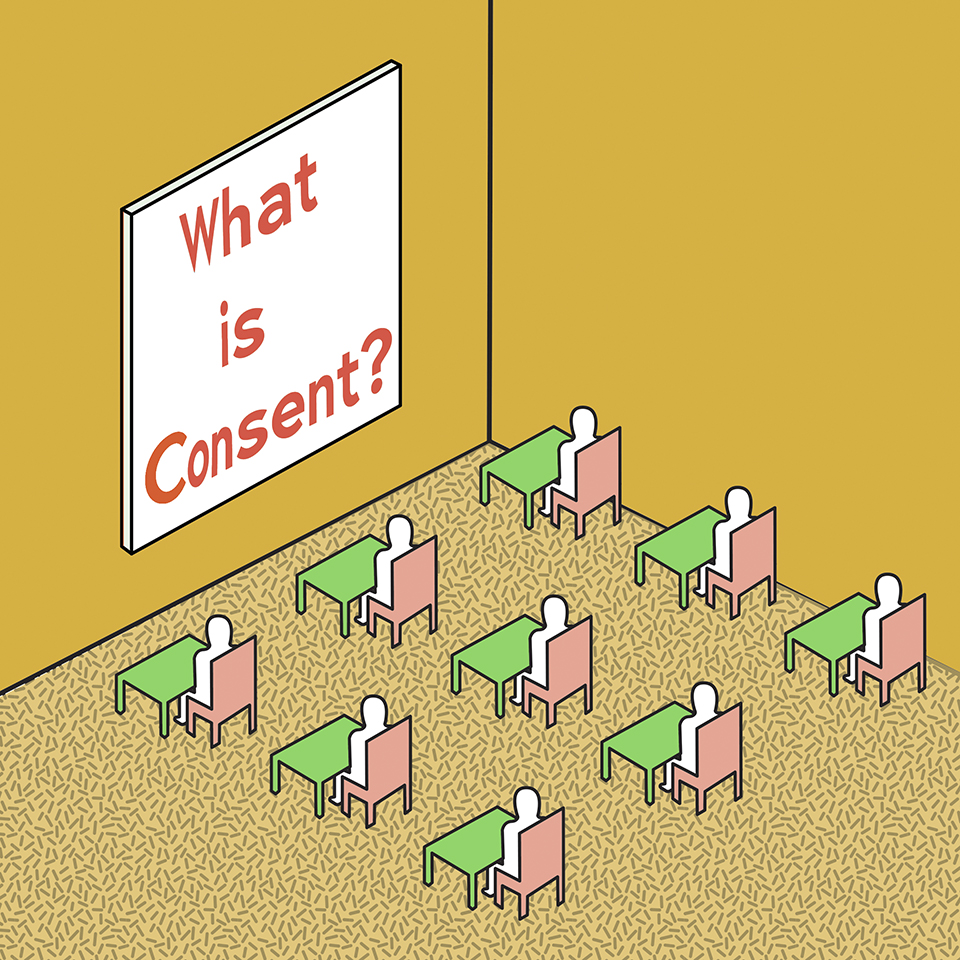The training is part of the federation’s new anti-harassment and sexual violence policy.
The Arts and Science Federation of Associations (ASFA) will implement mandatory consent and bystander intervention training for the federation’s counsellors. The Dean of Students Office will provide the training at the start of 2019.
Elliott Boulanger, ASFA’s internal affairs and administration coordinator, said the executive team is still sorting out exactly what the training will cover. The training will most likely take place in January and will consist of one two to three hour session. The Dean of Students Office will be covering the newly created anti-harassment and sexual violence policy, which the federation approved earlier this month.
After eight months of research and consultation, ASFA passed a policy to make the process of coming forth with an allegation of discrimination easier for victims. It was approved on Oct. 11.
The training is mandatory for all counsellors. Executives are encouraged to participate, but do not have to. All participants will be trained at the same session. According to ASFA’s bylaws, all of the federation’s executives and employees should “receive adequate training on issues related to harassment.”
“Consent is everything in life,” Boulanger said. They said counsellors need to be aware of the power dynamic they have with the people who use their services. Without the training, counsellors might not know how to react or what to do when intervening in cases of sexual harassment, Boulanger added.
The Dean of Students Office serves as a liaison between university management and student organizations. They already offer risk-reduction training on request to student associations, a service which ASFA has used to train their frosh leaders on consent since 2016.
ASFA has faced two sexual harassment scandals in recent years. Last month, Concordia student Harris Turpin filed a lawsuit against ASFA for allegedly failing to respond to his sexual harassment allegation against its former president, Jonathan Roy. In winter 2015, an ASFA executive, who was referred to by the pseudonym Mei Ling, filed a complaint with the Quebec Human Rights and Youth Rights Commission for discrimination and harassment within the organization, as previously reported by The Concordian.
According to Boulanger, however, the upcoming consent and bystander training was not initiated in response to any recent incidents of sexual assault. “We want to offer as much as we can to our counsellors,” said Boulanger, adding that the federation wants its executives “to be aware and to be able to do their jobs properly.”
Graphic by @spooky_soda.
